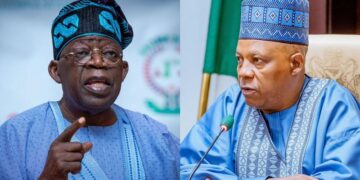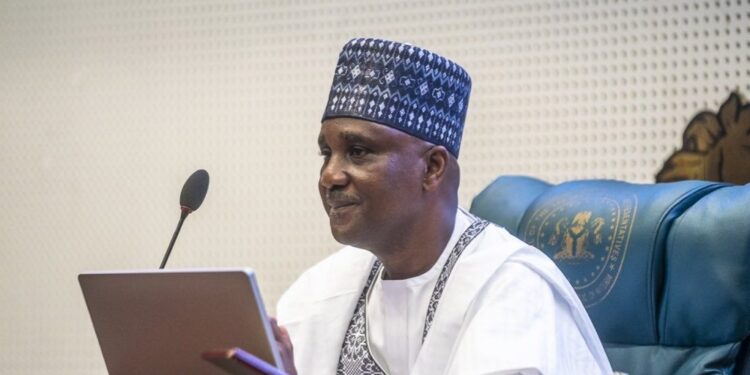The House of Representatives has withdrawn a proposed bill that would have made voting mandatory for all eligible Nigerian citizens. The move comes after significant public outcry and widespread debate.
Sponsored by Speaker Rep. Abbas Tajudeen and Hon. Daniel Asama Ago, the bill sought to amend the Electoral Act 2022 to introduce compulsory voting, with the goal of enhancing civic engagement and boosting democratic participation.
In a statement released Monday by his Special Adviser on Media and Publicity, Musa Abdullahi Krishi, Speaker Abbas announced the bill’s withdrawal after “extensive consultations with a broad spectrum of stakeholders” across the country.
“From the outset, the bill was introduced with the best of intentions—to bolster civic engagement and strengthen our democracy by encouraging higher voter turnout,” the statement read.
The proposal, which had passed its second reading on March 21, 2024, generated vigorous discussions among lawmakers, civil society groups, and the Nigerian public. Supporters of the bill pointed to its potential to improve voter turnout, while critics questioned its practicality and raised concerns over citizens’ rights and the challenges of enforcing such a mandate across Nigeria’s diverse electoral system.
Speaker Abbas referenced international examples where mandatory voting has been implemented successfully. Countries such as Australia, Belgium, and Brazil have achieved voter participation rates exceeding 90%, with similar frameworks also seen in Argentina and Singapore. Still, he acknowledged the need to tailor reforms to Nigeria’s realities and public opinion.
“Lawmaking is ultimately about the people it serves, and any reform must respect individual freedoms,” Speaker Abbas stated.
He further pledged to seek alternative, voluntary strategies to promote voter engagement, particularly among youth and first-time voters.
“This withdrawal will allow time for further dialogue on how best to cultivate a culture of voluntary participation that honours both our democratic ideals and the rights of our citizens,” the statement concluded.
The bill had drawn mixed reactions from Nigerians, many of whom emphasized the importance of addressing underlying causes of voter apathy, such as electoral violence, public distrust in the system, and logistical difficulties on election day, rather than imposing mandatory participation.









































